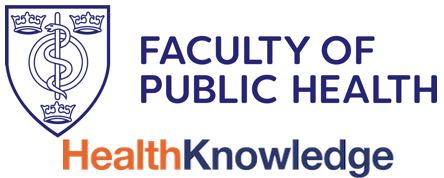The contribution of qualitative methods to public health research and policy
Primary research
As discussed previously, qualitative research can provide insights into research questions where quantitative methods may not be appropriate. For example, qualitative work has led to an understanding of how patients conceptualise prescribed anti-depressant medications and reasons influencing patient consent to participate in clinical trials. Such findings can be extremely helpful in understanding patient experience and behaviour and will improve both the development and implementation of public health interventions. Focus groups, in-depth interviews, narrative interviews and observation are all appropriate techniques for this purpose.
Evaluation
Qualitative research methods may also be used to support service evaluations and process evaluations of interventions - in both “real world” and RCT settings. Methods such as observation and semi-structured interviews can complement outcome measures to provide rich understanding of the experiences of service users (or participants), which can indicate areas where the service or intervention may require modification.
Policy evaluation
Much like service evaluation, qualitative methods are employed in policy evaluation. Key stakeholders may be invited to in-depth interviews in which the policy under investigation is considered in terms of its effectiveness, efficiency, impact upon inequality, and acceptability. Policy evaluation tends to rely on mixed methods and qualitative methods are usually employed alongside standard quantitative measures.
© I Crinson & M Leontowitsch 2006, G Morgan 2016
